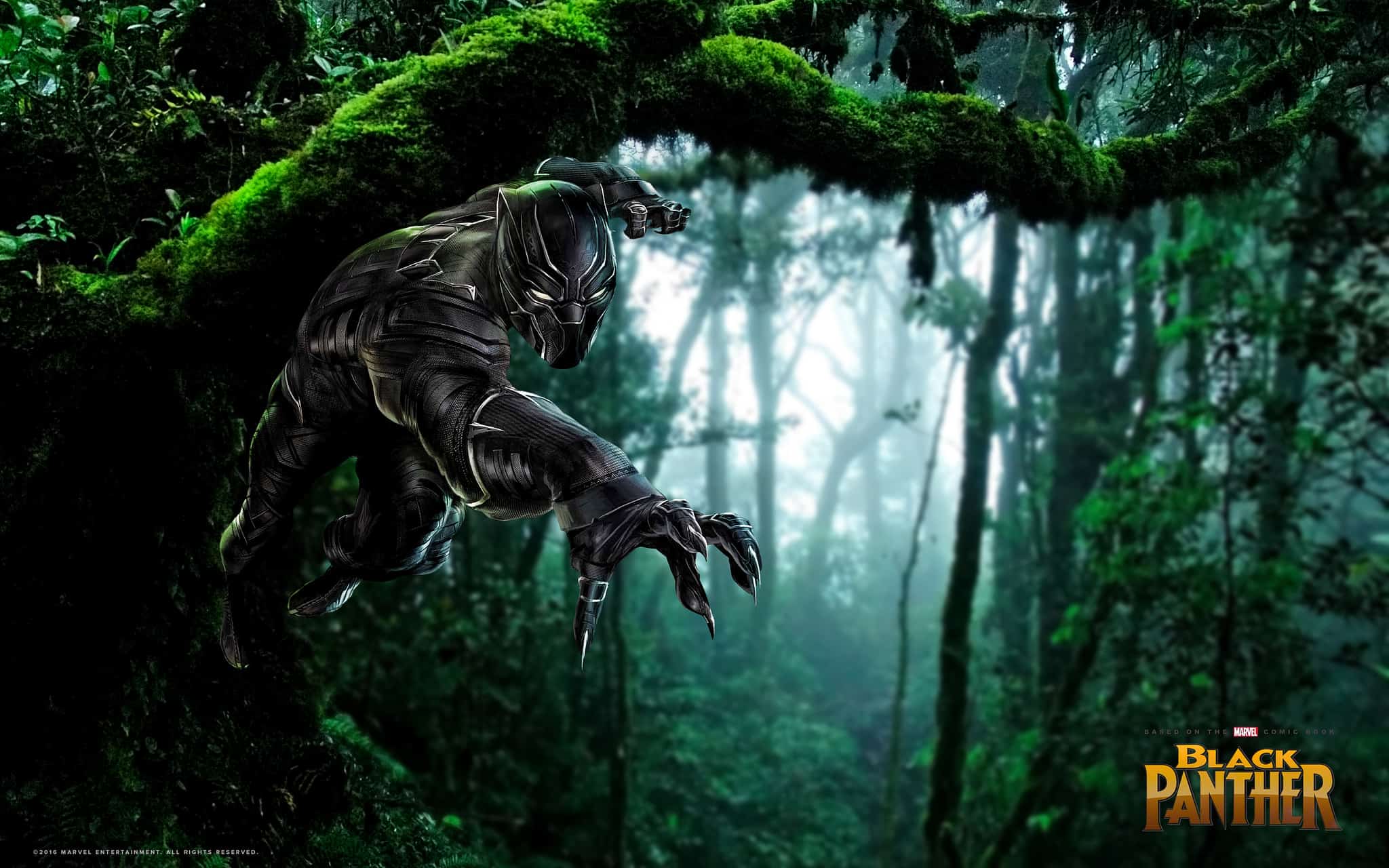What do we do with power?
Power is an inevitable theme of any superhero movie, but usually power is only realized in the hero herself/himself: Will Superman be strong enough? Will the Flash be fast enough? Will Captain America be true enough? Will Wonder Woman defeat evil and war?
But, the recent Black Panther movie shifts the discussion of power into something different: It is not what will I do, but what will we do with power?
The Black Panther is a superhero from the fictional African country of Wakanda, but more than that, T’Challa is the king. While other heroes are the fighter par excellence of the movie, T’Challa finds that he is needed to be more: “we need a king, not a warrior.” His choices directly affect the country and the people of Wakanda, which makes them different from the usual choice of a superhero: to fight or not to fight.
Black Panther offers something of an origin story of the hero/king, but even more so it offers the story of the people and nation of Wakanda. This nation, gifted with resources of vibranium, has developed technologically far beyond anything on earth—even beyond Hank Pym or Tony Stark’s advanced research. They have energy, technology, and natural resource abundance, but the Wakandans have attained such success only by isolating themselves from the outside world.
Their existence rests on a lie they’ve spread—they’ve claimed, to all the world, to be a poor country of farmers and shepherds. Yet, as T’Challa’s ship flies into Wakanda in one of the opening scenes of Black Panther, we find ourselves faced a beautiful display of Afrofuturism containing a careful balance of beauty, culture, and science. This is where the central tension lies: if we have power, what are we supposed to do with it?
It’s the “we” here that is so striking in terms of the superhero genre. For the Black Panther, the choice is not his alone, but the decision extends to Wakanda. Voices echo throughout the movie advocating for different uses of Wakanda’s power: Save it for ourselves—don’t get involved! We have the power—why shouldn’t we violently fight injustices, especially racial injustices? We have the power—why shouldn’t we rule the world? We have the power—why shouldn’t we share it and help others?
As Black Panther, T’Challa must choose: not what he must do with the power, but what do we do with the power? His choice faces all the complications that we face in our reality. If we provide aid, or welcome, or help to others, are we truly helping them or simply providing power from above? If we provide aid and assistance, will we lose our sense of self or our cultural identity as we encounter others? Will we simply inherit the problems of others?
These considerations are further complicated by questions of guilt, culpability, and injustice. The villain of the movie, Killmonger, has experienced the world outside of Wakanda with all of its racial injustices. Killmonger seeks to rectify these evils by using Wakanda’s power to both punish the perpetrators and to right the injustice—he sees this only possible with a Wakanda ruling over all. This anger towards inequality isn’t simply directed towards white oppressors or those perpetuating racism or cruelty, it is directed towards Wakanda itself.
Killmonger, T’Challa, and many within the movie identify a culpability in Wakanda’s situation: even though they were not the oppressors themselves, by maintaining a position of nonintervention, they have allowed the violence and injustice to happen. They had the power to stop this, they had the power to change things… they have the power now, so what should they do?
No decision neatly resolves the questions facing Wakanda. If Wakanda decides to take over the world to fix injustices, they use the method of the oppressor, perpetuating the violence they sought to end. If they choose to continue isolation, they choose to remain culpable for all of the injustices in the world. If they choose to encounter the world and provide aid, then they must accept their guilt for their past and trust that the world will wisely use the power they share.
Ultimately, T’Challa stands before the world claiming something radical: “We must find a way to look after each other, as if we were one single tribe.” The Black Panther chooses not to hold the power for himself or even just for the people of Wakanda, but to share it with humanity. His closing line demonstrates a non-binary view, not of us-vs-them but of a global we.
Power, abilities, resources, are not to be held by the few for the benefit of the few, but they are to be shared in order to provide for a more just world. Black Panther invites us not simply to view a superhero, but to take part in a super-heroic call to global justice.
-//-
The cover photo is featured courtesy of Bryan Ward of the Flickr Creative Commons.


